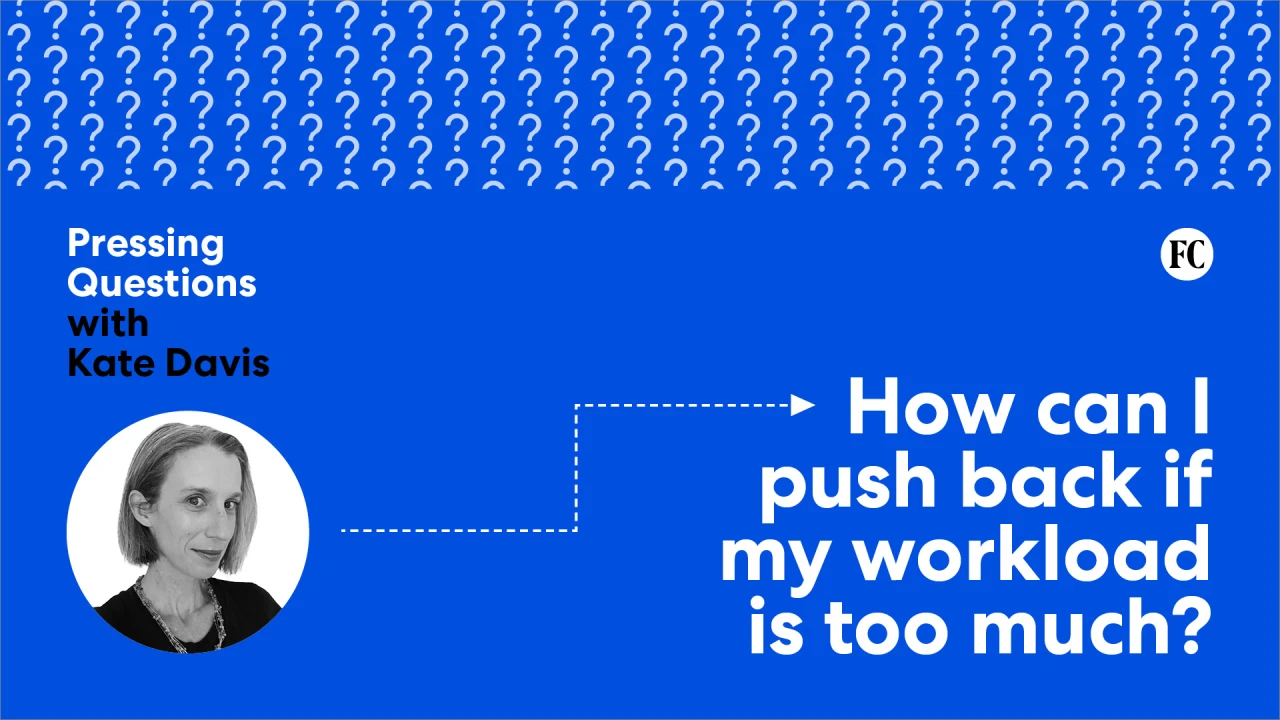5 Simple Tips to Avoid Procrastination

Procrastination is a common challenge that can hinder your progress. To combat it, you should first acknowledge your habits and identify why you delay tasks. Creating a focused study environment can greatly improve your productivity. Moreover, breaking tasks into smaller, manageable steps with specific deadlines can make them feel less overwhelming. Setting realistic goals is vital for maintaining motivation. By implementing these strategies, you can transform your approach to tasks and boost your productivity. What comes next is equally important.
Key Takeaways
- Acknowledge your procrastination and identify its root causes to address avoidance behaviors effectively.
- Choose a dedicated, distraction-free study environment to enhance focus and productivity.
- Break tasks into manageable steps and assign deadlines to maintain accountability.
- Set achievable goals and celebrate small victories to reinforce positive behavior.
- Practice self-compassion and mindfulness to reduce stress and improve task engagement.
Acknowledge Your Procrastination

Acknowledging your procrastination is an essential first step toward overcoming it, as it allows you to recognize the avoidance behaviors and fears that often drive these tendencies.
Identifying why you keep procrastinating helps you address the root causes of your procrastination problem. Self-awareness about your patterns can lead to effective strategies on how to stop procrastinating.
For instance, you might notice that fear of failure triggers your delays. By confronting these feelings, you can learn how to deal with procrastination more effectively.
Utilizing procrastination help resources, such as time management techniques, can improve your productivity.
In the end, acknowledging procrastination is critical for figuring out how to get over procrastination and developing better self-discipline.
Choose an Effective Study Environment

Choosing an effective study environment is vital for enhancing your focus and productivity. To stop procrastinating, select a location dedicated solely to studying, avoiding multi-purpose spaces that can lead to distractions.
A well-lit area with an organized surface maximizes comfort and supports longer study sessions. It’s important to steer clear of places associated with leisure, like your couch, as they can trigger relaxation and procrastination.
For effective procrastination tips, create a distraction-free environment by silencing your phone and limiting interruptions. Consistently using the same study spot helps train your brain to associate that environment with focused work, making it easier to combat procrastination and conquer tasks efficiently.
Implement these techniques to stop procrastinating and boost your productivity.
Break Tasks Into Manageable Steps

To combat procrastination effectively, breaking tasks into manageable steps can greatly improve your productivity and focus. When you chunk large projects into smaller segments, you’ll feel less overwhelmed and more willing to get started. Here’s a simple way to visualize this process:
| Step | Action Item |
|---|---|
| Identify Task | Define the main task |
| Break it Down | List smaller tasks |
| Set Deadlines | Assign deadlines for each |
These strategies are proven procrastination solutions. By setting specific, small goals, you maintain focus and motivation. Using outlines or checklists can likewise help organize tasks, serving as effective procrastination tips to avoid delays. If you’re wondering how to stop procrastinating, remember this approach: break tasks into manageable steps, and you’ll see progress.
Set Achievable Goals and Deadlines

Setting achievable goals and deadlines is crucial for overcoming procrastination and enhancing productivity. To begin, break larger tasks into smaller, manageable parts that allow you to reduce feelings of overwhelm.
Next, establish specific deadlines for each of these smaller tasks, which can help you stay accountable and maintain motivation. Utilize goal-setting charts to monitor progress, focusing on personal reasons for engagement rather than external pressures.
Regularly adjust your goals to guarantee they remain relevant and attainable, which further supports your commitment to them.
Finally, remember to celebrate small victories as you achieve your goals; this reinforces positive behavior and encourages you to continue working toward larger objectives, ultimately improving your productivity and reducing procrastination.
Practice Self-Compassion and Mindfulness

Building on the importance of setting achievable goals and deadlines, practicing self-compassion and mindfulness can greatly improve your ability to overcome procrastination.
Self-compassion involves treating yourself with kindness, which reduces feelings of inadequacy and lowers stress levels. This approach enables you to engage more effectively with tasks.
Mindfulness allows you to acknowledge negative emotions related to procrastination without suppression, cultivating a healthier response. Incorporating self-forgiveness into your routine can alleviate guilt from past procrastination, making you less likely to repeat those behaviors.
Frequently Asked Questions

What Is an Easy Way to Avoid Procrastination?
An easy way to avoid procrastination is to break tasks into smaller, manageable parts. By doing this, you reduce feelings of overwhelm, making it easier to start.
Set specific, achievable goals for each part, and establish a dedicated workspace free from distractions. Use timers to work in focused intervals, like the Pomodoro technique, followed by short breaks.
This structured approach helps maintain motivation and increases your likelihood of completing tasks quickly and efficiently.
How to Effectively Avoid Procrastination?
To effectively avoid procrastination, start by breaking tasks into smaller, manageable parts. Set realistic goals, focusing on what you can accomplish today.
Establish a designated workspace free from distractions, which helps create a productive environment. Prioritize your tasks by identifying the most critical ones.
Furthermore, practice self-compassion; acknowledge your feelings without judgment. Implementing these strategies can increase your motivation and reduce the likelihood of putting off important tasks.
How to Stop Procrastinating 2 Minute Rule?
To stop procrastinating using the 2-Minute Rule, identify tasks you can complete in two minutes or less, like responding to an email or tidying up your workspace.
Whenever you encounter such tasks, tackle them immediately. This approach prevents small tasks from piling up, reducing feelings of overwhelm.
Furthermore, by completing these quick tasks, you build momentum, making it easier to address larger projects afterward.
Consistently applying this rule can greatly improve your productivity.
How to Trick Yourself Into Not Procrastinating?
To trick yourself into not procrastinating, start by breaking tasks into smaller, manageable parts. Identify one small action you can take, such as drafting an outline or setting a timer for 10 minutes.
Use the Pomodoro technique, working for 25 minutes followed by a 5-minute break, to improve focus.
Furthermore, create a distraction-free environment by minimizing potential interruptions, and pre-decide your daily schedule to prioritize crucial tasks, reducing decision fatigue.
Conclusion

By implementing these five strategies, you can effectively combat procrastination and improve your productivity. Acknowledging your habits helps you understand their origins, whereas a dedicated study environment minimizes distractions. Breaking tasks into smaller steps and setting realistic goals keeps you on track, and practicing self-compassion nurtures a positive mindset. Regularly monitoring your progress allows for adjustments along the way, ensuring that you remain engaged and motivated. Adopting these practices will lead to a more organized and fulfilling approach to your tasks.
Image Via Envato
This article, "5 Simple Tips to Avoid Procrastination" was first published on Small Business Trends
What's Your Reaction?
 Like
0
Like
0
 Dislike
0
Dislike
0
 Love
0
Love
0
 Funny
0
Funny
0
 Angry
0
Angry
0
 Sad
0
Sad
0
 Wow
0
Wow
0






























































































